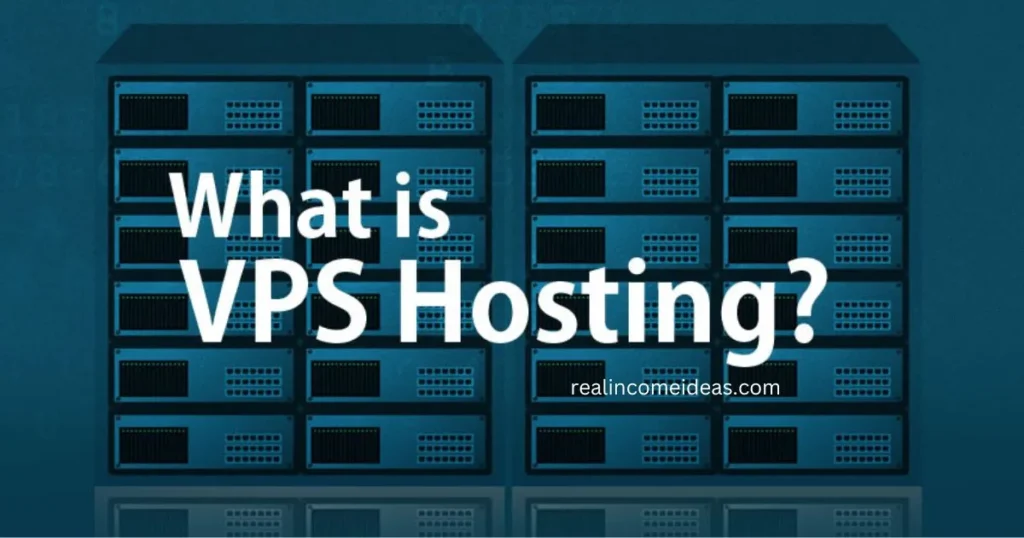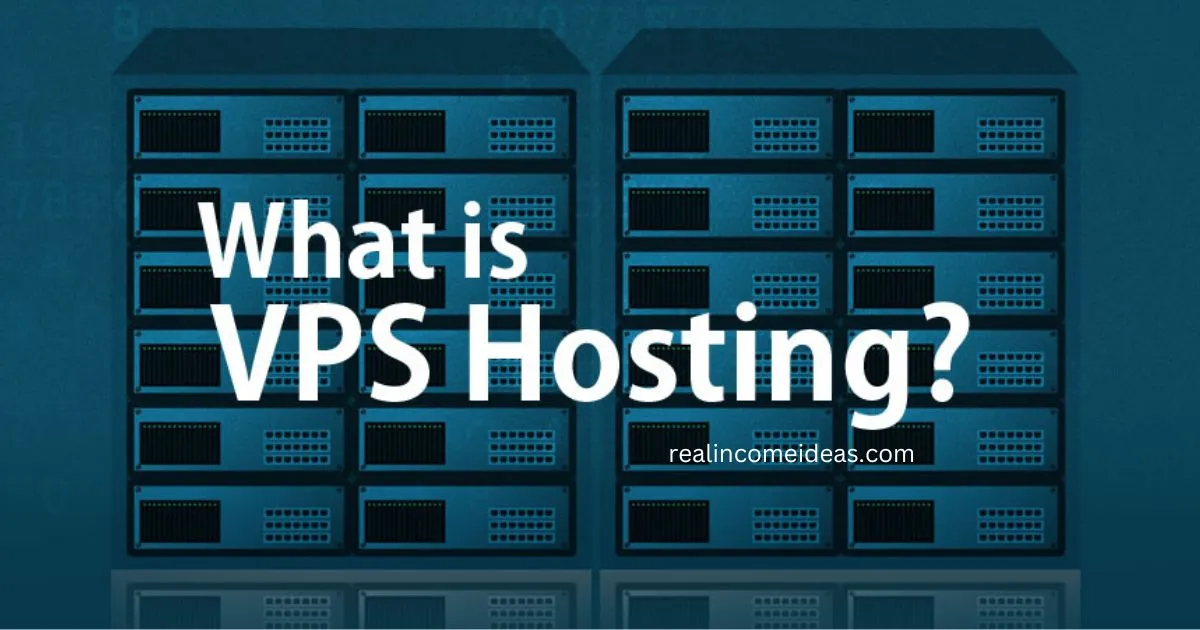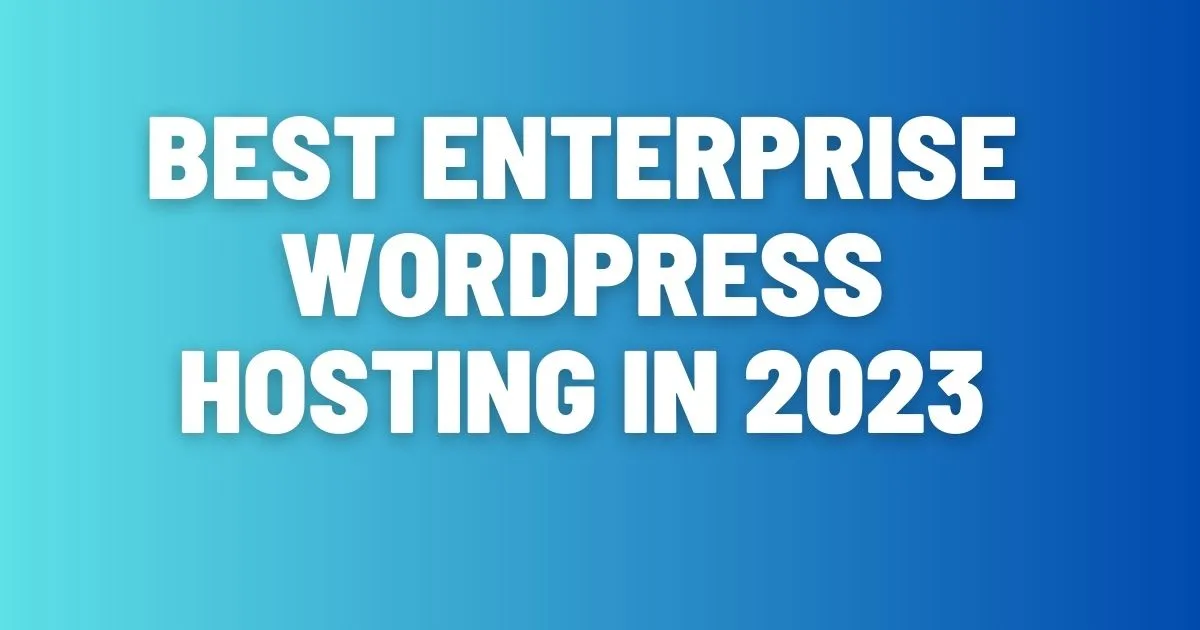The Ultimate Guide to VPS Hosting in 2023? In today’s digital age, having a reliable and efficient web hosting solution is crucial for the success of any online venture. When it comes to hosting your website, VPS hosting emerges as a powerful and flexible option that provides numerous benefits over traditional shared hosting.

In this comprehensive guide, we will delve into the world of VPS hosting, exploring its advantages, different types, selection criteria, setup process, optimization techniques, and best practices. By the end of this article, you will have a solid understanding of VPS hosting and how it can elevate your online presence.
The online landscape is evolving rapidly, and as businesses strive to establish a robust online presence, it is essential to invest in a hosting solution that can keep up with the demands of today’s digital world. VPS hosting, short for Virtual Private Server hosting, bridges the gap between shared hosting and dedicated servers, offering a balance of performance, scalability, and affordability.
What is VPS Hosting?
VPS hosting involves dividing a physical server into multiple virtual servers, each with its dedicated resources and operating system. This virtualization technology allows website owners to enjoy the benefits of a dedicated server at a fraction of the cost. With VPS hosting, you have complete control over your server environment and can customize it to meet your specific requirements.
Advantages of VPS Hosting
Scalability and Flexibility
One of the standout advantages of VPS hosting is its scalability and flexibility. As your website grows and attracts more traffic, you can easily upgrade your resources to accommodate the increased demand.
Unlike shared hosting, where you are limited by the resources allocated by the hosting provider, VPS hosting allows you to scale up or down seamlessly, ensuring optimal performance at all times.
Cost Efficiency
Compared to dedicated server hosting, VPS hosting is a more cost-effective solution. You share the cost of the physical server with other virtual server users, making it significantly cheaper while still providing the benefits of a dedicated server.
This cost efficiency makes VPS hosting an attractive option for small to medium-sized businesses and individuals looking for a reliable hosting solution without breaking the bank.
Setting Up a VPS Hosting Environment
Setting up a VPS hosting environment requires a few essential steps to ensure optimal performance and security. Let us explore the key aspects involved in configuring your VPS hosting environment.
Operating System Selection
The first step is to choose an operating system for your VPS. Popular options include Linux distributions like Ubuntu, CentOS, and Debian, as well as Windows Server editions. Consider the specific requirements of your website or application and select an OS that is compatible and well-supported.
Control Panel Installation
Next, install a control panel to simplify server management tasks. Control panels like cPanel, Plesk, or Virtualmin provide intuitive interfaces for managing domains, email accounts, databases, and other server settings. They also offer tools for website deployment, file management, and performance optimization.
Security Configurations
Securing your VPS is crucial to protect your data and maintain the integrity of your website. Configure a firewall to control incoming and outgoing traffic, implement strong passwords, disable unnecessary services, and regularly update your software to patch any security vulnerabilities.
Application Deployment
Once your VPS is set up, you can deploy your website or application. Transfer your files to the server using FTP or SSH, configure the necessary databases, and ensure that all dependencies are installed. Test your website thoroughly to ensure everything functions correctly.
Optimizing VPS Hosting for SEO
When it comes to optimizing your VPS hosting environment for search engine optimization, several factors play a vital role in improving your website’s visibility and ranking. Let us explore some key optimization techniques.
Website Speed and Performance
Website speed is a critical factor in SEO. Optimize your website’s performance by implementing caching mechanisms, compressing files, and minimizing the use of external scripts. Consider using a content delivery network to deliver your content faster to users around the world.
SSL Certificates and HTTPS
Secure Socket Layer certificates and HTTPS encryption are not only essential for security but also impact SEO. Search engines prioritize websites with SSL certificates, considering them more trustworthy. Install an SSL certificate on your VPS and enforce HTTPS to provide a secure browsing experience for your visitors.
Server Location and Target Audience
Consider the geographic location of your target audience when selecting the server location for your VPS. Hosting your website closer to your target audience reduces latency and improves website loading speed, positively impacting user experience and SEO.
Mobile Responsiveness
With mobile devices accounting for a significant portion of internet traffic, ensure your website is mobile-friendly and responsive. Use responsive design techniques, optimize images for mobile viewing, and test your website on various devices to deliver a seamless experience to mobile users.
VPS Hosting Best Practices
To maximize the benefits of VPS hosting, follow these best practices to ensure smooth operation and optimal performance.
Regular Backups and Disaster Recovery Plans
Regularly backup your data to safeguard against data loss or server failures. Implement a comprehensive disaster recovery plan that includes offsite backups, automated backup solutions, and a process for restoring data quickly in case of emergencies.

Monitoring and Maintenance
Monitor your VPS server’s performance, resource usage, and network traffic to identify any potential issues. Implement a monitoring system that alerts you of any anomalies, such as high CPU or memory usage. Perform routine maintenance tasks, such as clearing cache, updating software, and optimizing database queries.
Software Updates and Patches
Keep your server’s software up to date to benefit from the latest security patches, bug fixes, and performance improvements. Regularly update your operating system, control panel, web server, and other software components to ensure a secure and stable hosting environment.
Resource Allocation and Optimization
Properly allocate server resources based on your website’s needs. Optimize resource usage by configuring resource limits, optimizing database queries, and implementing caching mechanisms. Fine-tune your server configurations to ensure efficient resource utilization and optimal performance.
Common Challenges and Troubleshooting Tips
While VPS hosting offers numerous benefits, it is essential to be aware of common challenges that may arise and troubleshoot them effectively. Here are some typical issues and troubleshooting tips
Connectivity Issues
If you experience connectivity issues, ensure that your network settings are configured correctly. Check your firewall rules, network configurations, and DNS settings. Contact your hosting provider for assistance if needed.
Server Downtime
Server downtime can occur due to various reasons, such as hardware failures or software conflicts. Implement monitoring systems that alert you to server outages promptly. Communicate with your hosting provider to resolve the issue and minimize downtime.
Resource Exhaustion
In some cases, your website or application may consume excessive server resources, leading to performance issues. Identify resource-intensive processes, optimize code, and implement caching mechanisms to alleviate the strain on your server resources.
Security Breaches
Security breaches can have severe consequences for your website and users. Implement robust security measures such as firewalls, intrusion detection systems, and regular security audits. Stay updated on the latest security practices and promptly apply patches and updates.
By addressing these common challenges and following troubleshooting tips, you can maintain a stable and secure VPS hosting environment.
Conclusion
VPS hosting offers a powerful and flexible hosting solution for individuals and businesses looking to enhance their online presence. With its scalability, cost efficiency, enhanced performance, and customization options, VPS hosting empowers website owners to create robust and secure online experiences.
By carefully selecting the right VPS hosting provider, setting up the hosting environment, optimizing for SEO, and following best practices, you can unlock the full potential of VPS hosting and take your website to new heights.




